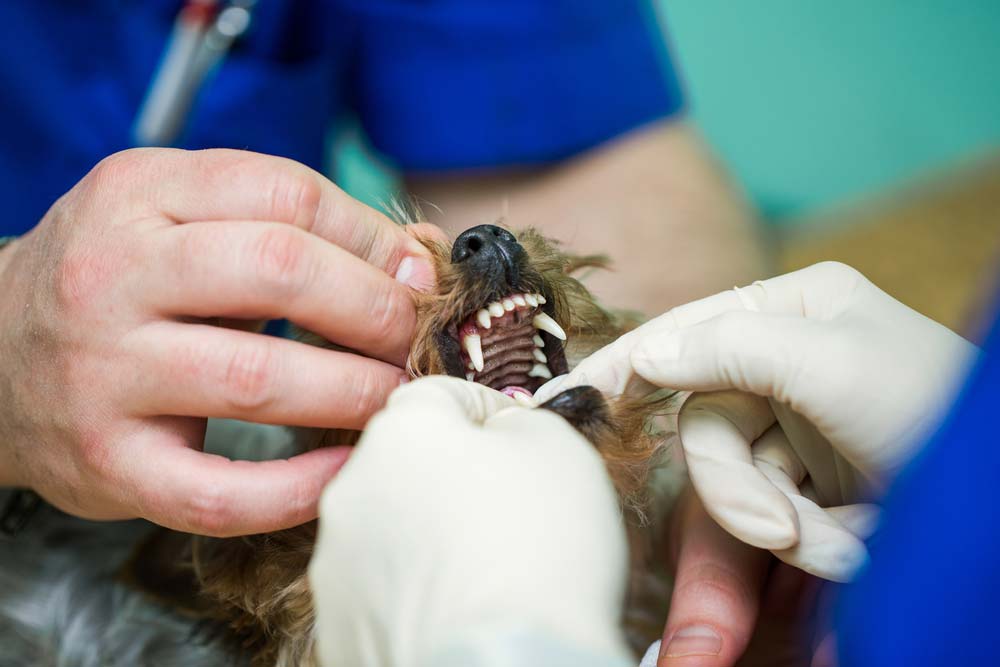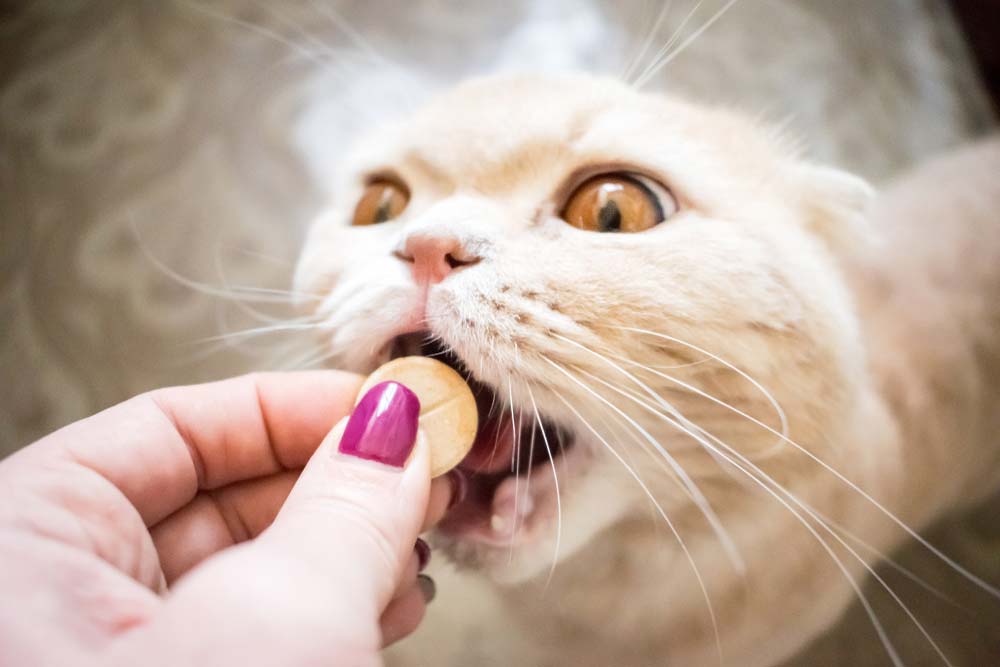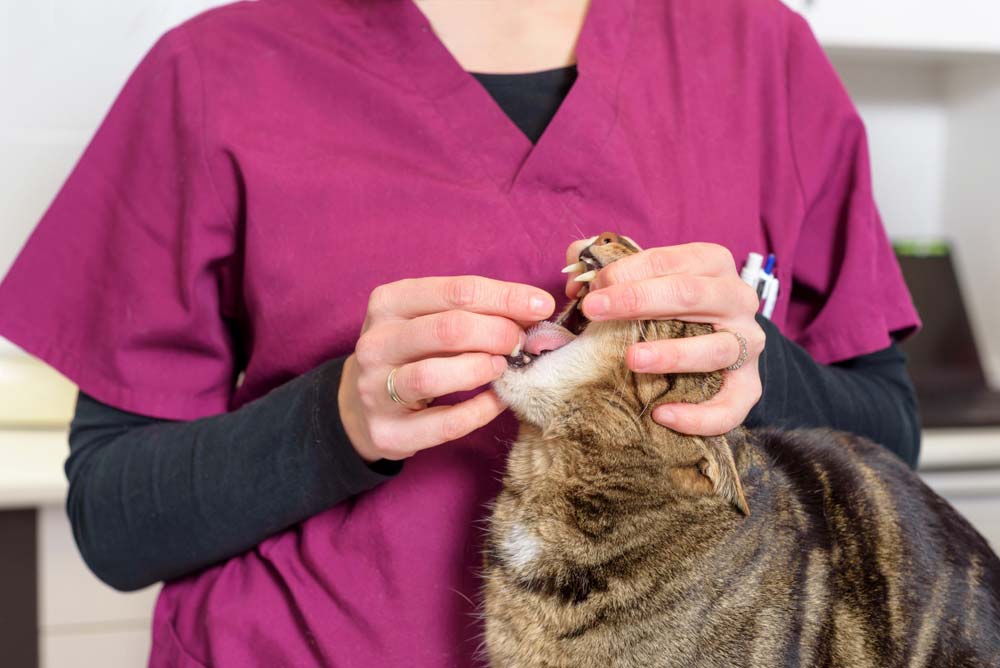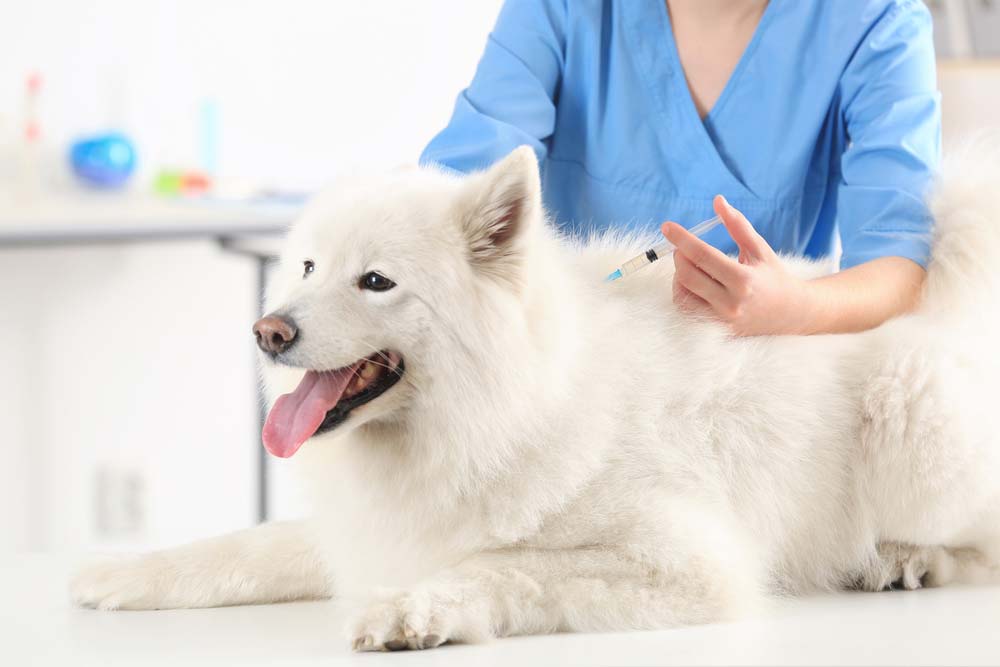We Offer Pet Dentistry in Mount Isa
Protecting Your Pet’s Smile
Just like humans, our pets are vulnerable to gum disease and problems with their teeth. Alarmingly, it is estimated that up to 80% of dogs and 70% of cats suffer from some form of dental disease by the age of three. At AAA Vet Clinic in Mount Isa, we offer comprehensive pet dentistry services.
Dental disease typically begins with a build-up of plaque–consisting of bacteria, food particles and saliva components–on the teeth. Plaque sticks to the tooth surface above and below the gum line. If not removed, it will calcify into tartar (also known as calculus). This appears as a yellow-brown material on the teeth. Over time, the plaque and tartar can cause periodontal disease, which can result in irreversible changes to the teeth and supportive structures.
Periodontal disease can result in local problems, such as red and inflamed gums, bad breath, and the loss of teeth. There is also growing evidence that periodontal disease can be associated with disease in distant organs, including the heart, liver and kidneys. Ultimately, dental disease is more than just a cosmetic issue–it can be a cause of significant illness and pain in dogs and cats.
To arrange a Mount Isa pet dentistry service with AAA Vet Clinic, contact us today. You can reach us on
(07) 4743 3220.
What if my pet has a dental disease?
Firstly, you should have your pet's teeth examined by one of our veterinarians on a regular basis and, if necessary, follow up with a professional dental clean. Your pet needs to be anaesthetised for a thorough dental examination to be carried out, and to clean all teeth without distressing them. Once anaesthetised, a complete dental examination is carried out. This process involves charting all present teeth and evaluating their condition, including the degree of tartar, gingivitis (gum inflammation) and any pockets in the gums around the teeth.
Our veterinarians will then clean the teeth using specialised instruments, including an ultrasonic scaler–just like a dentist uses for our teeth. The teeth are then polished using a dental polisher and specialised fine-grade paste. If the dental disease is not severe, the procedure will end here. However, if certain teeth are so severely affected that they cannot be saved, extractions will be necessary.
In some cases, gum surgery is required to close the holes left behind when a tooth is extracted, and dissolvable stitches are used for this procedure. Once all dental work is completed, your pet may be given an antibiotic and an anti-inflammatory injection, the anaesthetic gas is turned off, and your pet is allowed to wake up. Pets are generally able to go home on the same day.
Following a professional dental clean, a dental homecare plan needs to be implemented to minimise build-up of plaque and tartar again. This may involve regular tooth brushing and/or the feeding of special dental chews or diets. It is recommended that all pets be examined regularly after starting a dental homecare program to monitor its effectiveness.
How can I minimise ongoing dental diseases?
Long-term control and prevention of dental disease requires regular dental home care. The best way to begin this is to acclimatise your pet from a young age. Dental home care may include:
Brushing teeth daily
Just like us! This is the best form of dental hygiene. Pet toothbrushes and toothpaste are now available. Please do not use human toothpaste formulas, as they are not designed to be swallowed and may be toxic to your pet.
Teeth Friendly Toys
Use of special dental chews, dental toys, or dental diets, all of which may help keep the teeth clean.
As with most things in life, when it comes to dental disease, prevention is definitely better than cure. Regular and frequent attention to your pet's teeth may avoid the need for a professional dental clean under anaesthetic and will also improve your pet's overall health.
Book an Appointment with Our Mount Isa Vets








